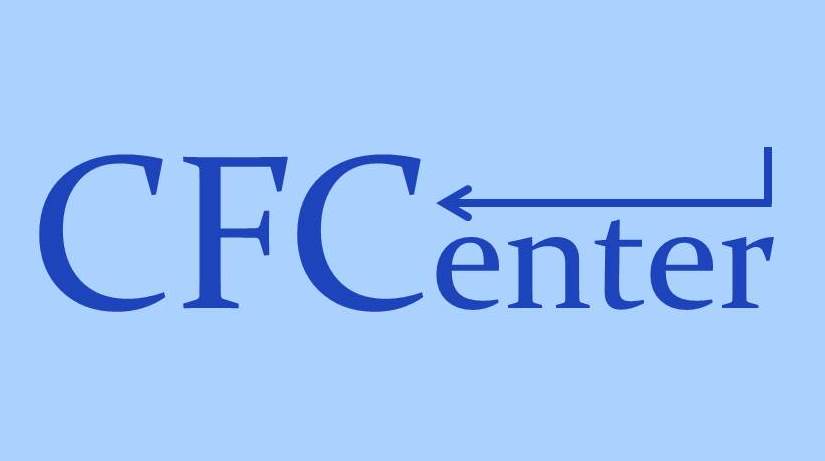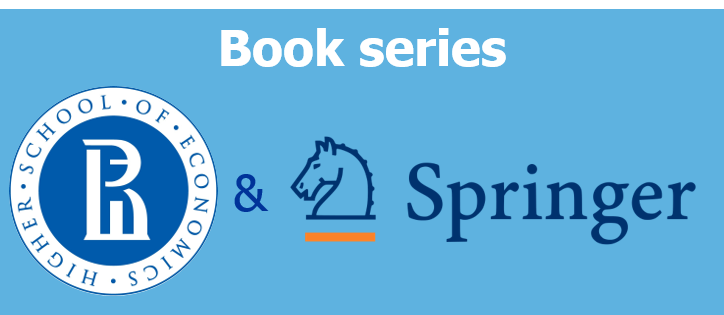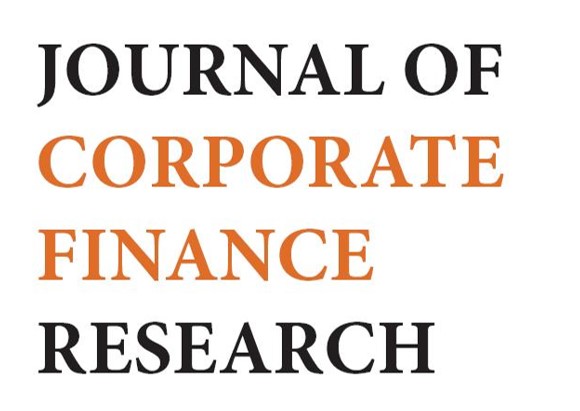Financial Decisions of Knowledge Intensive Firms and the Top-Managers’ Personal and Behavioral Characteristics Effects on its Performance
The goal of the project in 2020:
The project is aimed at determining the contribution of top-management team (TMT) members’ personal and behavioral characteristics to performance of knowledge intensive firms (KIFs), taking into account the patterns of corporate financial architecture and using interdisciplinary approach combining techniques applicable for research in the fields of corporate finance and strategic management.
The objectives of the project:
The subproject 1 “Firm’s financial resilience” in 2020 continues an investigation of bankruptcies of KIFs basing on the results obtained in 2019 and is aimed at identification of indirect costs of financial distress for early detection of firm’s moving into bankruptcy. In 2020 the “Firm financial resilience” subproject is focused on identification of specific non-financial factors applying textual analysis to determine typical words and phrases for financially resilient and non-resilient KIFs. Additionally, the new research direction in 2020 focuses on investigation of the links between reputation ratings and financing policies of KIFs’. Particularly, the research is devoted to the effects of Chief Executive Officer (CEO) reputation and corporate reputation ratings on the choice of sources of financing for KIFs.
The subproject 2 “M&A deals’ efficiency” is focused on empirical analysis of specific features of M&A deals for KIFs in developed and emerging markets. New research directions include the effects of CEO personal and behavioral characteristics. Firstly, we aim to investigate the role of CEO intellectual capital; secondly, we aim to determine the impact of CEO behavioral anomalies on M&A deals’ efficiency for KIFs.
The subproject 3 “Corporate financial architecture” is continued with the research devoted to empirical analysis of specific features of ownership structure of KIFs, the role and activism of different types of institutional investors; specifics of corporate governance and Board of directors (BoD) activity for different patterns of corporate financial architecture at KIFs. This subproject is focused on investigation of specifics of institutional investors’ role in corporate governance at KIFs. In 2020 the behavioral aspect is added to analysis of corporate financial architecture. We aim to determine the role of CEO personal characteristics, behavioral characteristics and ability to innovate, and, taking into account possible negative effects of CEO’s biases, the moderating role of BoD. Additionally, we add digitalization and company’s transformation with application of smart-contracts as new factors affecting corporate governance mechanisms and BoD role and functions.
Have you spotted a typo?
Highlight it, click Ctrl+Enter and send us a message. Thank you for your help!
To be used only for spelling or punctuation mistakes.


